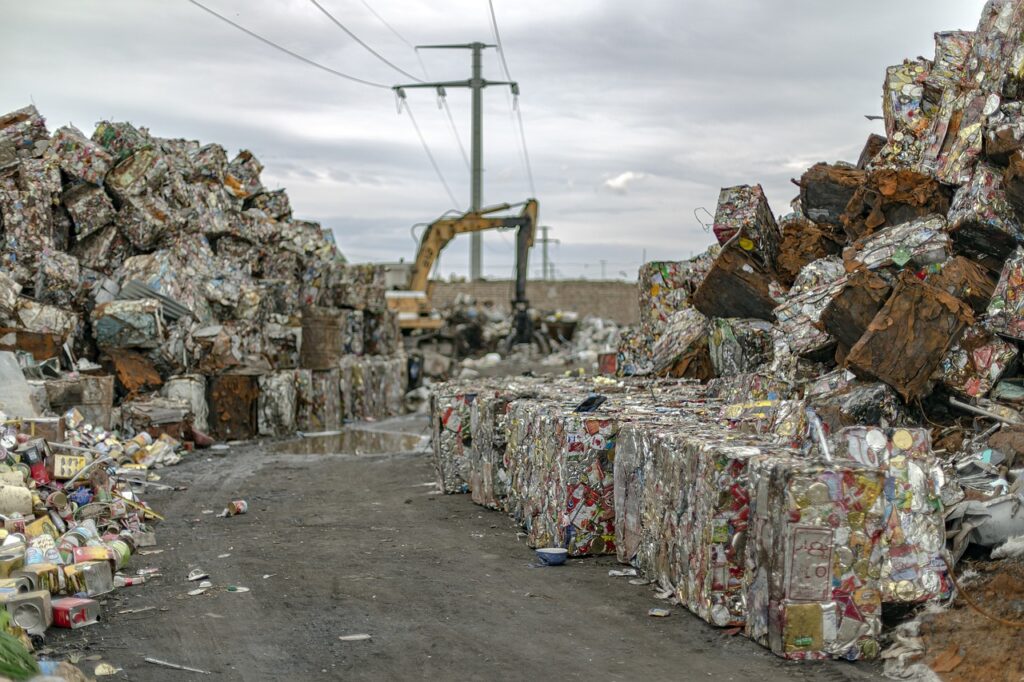In today’s environmentally conscious market, businesses are increasingly committed to reducing their waste footprint. A zero waste audit is a critical tool that helps companies identify how waste is managed and uncover opportunities to improve sustainability practices. WeGoZero offers specialized resources, including CSRD-compliant waste audit templates and tailored checklists for SMEs, to streamline this process. Contact us for more information.
What is a Zero Waste Audit?
Defining Zero Waste Audits
A zero waste audit involves a detailed analysis of an organization’s waste stream. The goal is to track and categorize waste generated to minimize the amount heading to landfills and instead, redirect it towards more sustainable disposal methods like recycling, reuse, or composting. This audit is crucial for businesses aiming to achieve zero waste certifications or to meet regulatory sustainability standards such as the CSRD.
How to Conduct a Waste Audit
Step-by-Step Guide
- Preparation: Define the scope of the audit, including which parts of the business will be audited and the types of waste to track. This includes setting a timeline and gathering a team responsible for conducting the audit.
- Data Collection: Use bins to separate and collect waste types across your business operations. Ensure clear labeling and educate staff on how to correctly dispose of waste during the audit period.
- Waste Sorting and Categorization: At the end of the collection period, sort through the waste to categorize it by type and disposal method. This includes separating recyclables, compostables, and landfill waste.
- Data Analysis and Reporting: Analyze the collected data to understand waste composition and identify the largest waste streams. Calculate the diversion rate from landfills and identify areas for improvement.
- Action Plan Development: Based on the audit findings, develop an action plan that outlines specific steps to reduce waste generation and increase diversion rates. Include goals, timelines, and responsible parties.
- Implementation and Monitoring: Implement the action plan and monitor progress regularly. Adjust the plan as necessary to meet your waste reduction goals.
WeGoZero’s Tools for Enhanced Waste Auditing
CSRD Compliant Templates and SME Checklists

- CSRD Compliant Templates: WeGoZero offers templates that align with the CSRD requirements, ensuring that your business’s waste auditing processes comply with the latest regulatory standards. These templates facilitate comprehensive reporting and transparency in waste management practices.
- Waste Audit Checklists for SMEs: Understanding that small and medium-sized enterprises (SMEs) have specific needs, WeGoZero provides checklists tailored to help SMEs conduct effective waste audits without the resources of larger corporations. These checklists simplify the audit process, ensuring that SMEs can achieve significant waste reduction outcomes.
Conclusion: Advancing Towards Zero Waste Goals with WeGoZero
Zero waste audits are essential for any business looking to seriously tackle sustainability. With WeGoZero’s expertly designed tools and resources, your business can not only meet the stringent demands of regulations like the CSRD but also make significant strides towards a zero waste future. Implementing systematic waste audits leads to reduced environmental impact, enhanced operational efficiency, and a stronger corporate reputation.
Call to Action
Ready to transform your business’s approach to waste? Contact WeGoZero today to access our customized templates and checklists, and start your journey towards effective waste management and sustainability. Visit our website to learn more about our services and how we can help you achieve your zero waste goals.
